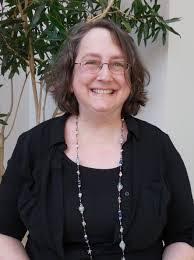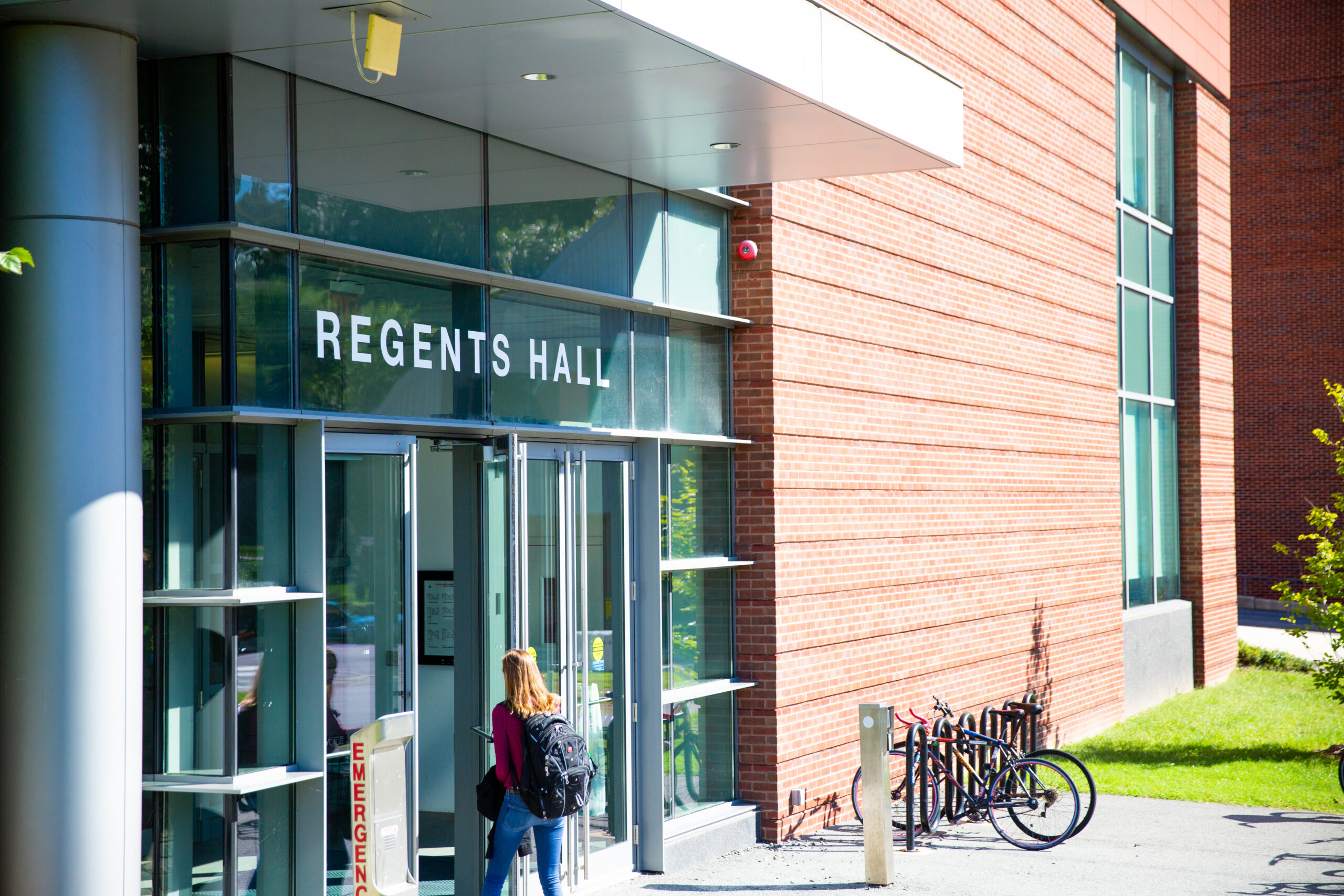Anne Rosenwald Volunteers as QUBES Mentor for Leadership in Biology Education
Anne Rosenwald, Ph.D., director of Undergraduate Studies in the Department of Biology and professor of microbiology and immunology, recently served as a Quantitative Undergraduate Biology Education and Synthesis (QUBES) Mentor.
Rosenwald was one of 16 mentors who volunteered to lead these professional development opportunities, providing expertise, advice and guidance as the peer group incorporates new educational practices.
Better Biology Education

The QUBES Project is a STEM higher education reform program supported by the National Science Foundation. Established in 2014, QUBES is dedicated to increasing the effectiveness of undergraduate biology education with a particular focus on including more quantitative concepts and skills.
The program hosts semester-long Faculty Mentoring Networks (FMNs), which bring faculty from various disciplines, regions and institution types in an online peer community to implement innovative resources and pedagogical approaches within their classrooms.
“While it’s a repository of materials, it also serves as a way to build community and share resources using meeting space,” says Rosenwald.
The faculty mentoring network Rosenwald led this past year was devoted to helping faculty develop the skills to teach students how to do research into big datasets that explore which genes are being expressed in any tissue in an organism at any given time.
“Through the auspices of a group, I helped found called the Genomics Education Alliance,” Rosenwald explains “We met bi-weekly to talk about computational tools, ways to troubleshoot issues that cropped up as faculty tried to implement these studies with their students and to hear from others who had done this previously with their students to learn best practices.”
Rosenwald says that though the FMNs are typically only a semester-long, the group of educators decided to continue their meetings and have met throughout the summer and may continue into the fall. It is one of many ways that Rosenwald has shown her commitment as a biology educator.
The professor is involved in the Network for Integration of Bioinformatics into Life Sciences Education (NIBLSE), which are two science education efforts geared towards bringing modern biology to undergraduate classrooms.
A former director of the major in Biology of Global Health, Rosenwald led the novel program that aims to educate scientists broadly not only in scientific disciplines but also in policy, bioethics, economics and the law.
Her experiences as a leader in biology education have been helpful not only to her fellow QUBES mentors, but to the students who will benefit from her collaboration with other educators.
“These mentors worked hard to guide their faculty participants through development, adaptation and classroom use of educational materials,” said QUBES professional development manager Deborah L. Rook. “They were able to bring people together to form meaningful online communities committed to improving the experiences of their students.”
